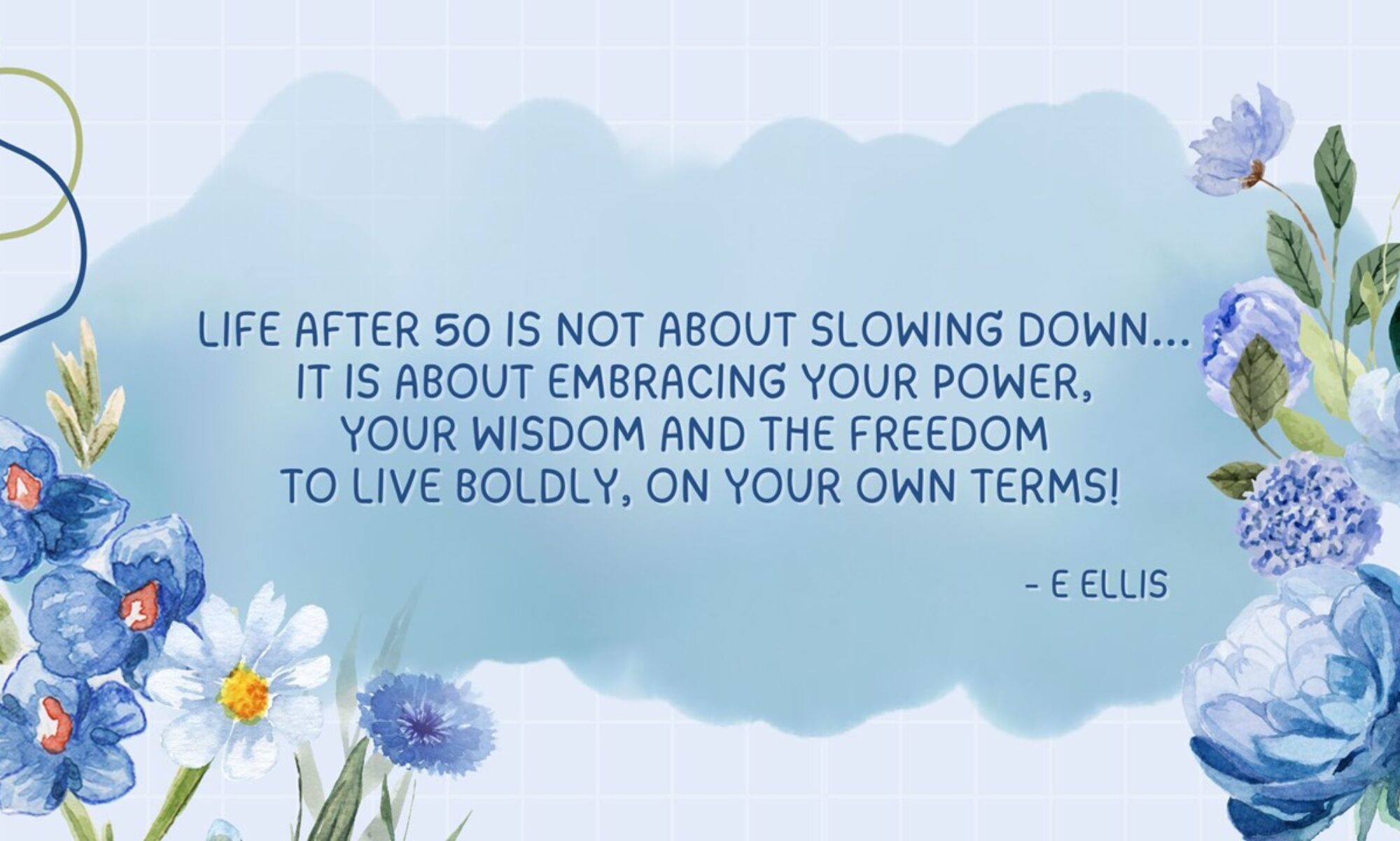
I often get asked: “Who wears the pants in your house?” My natural response would be “…well, we both wear pants…” but I know that is not what they really want to know. They want to know who gets to make the rules….. Who is the boss?…. and “Who gets to be the subservient one?… Well!
The reality is that power struggles are a reality in relationships. It is almost inevitable. You are two very unique people, each with their own set of values, personality, and set of character traits. As human beings we want to have the best for ourselves – it is part of being human.
So, a power struggle creeps into your relationship when you try to have a happy and pleasing relationship with a significant other, while also trying to keep your own identity and independence, all at the same time.
When words like “you should” and “you ought to” slip into your communication, one of the partners in the relationship either puts the other in a pit while putting themselves on a pedestal. That is when the “you are less than…” and “I am more than” thinking comes in and that, in itself creates the foundation for a power struggle.
Power struggles lead to arguments about little things. “You should help me with the dishes!” “Did you buy things online again?” “You never…” “You always…” Disaster is lurking! When you are in a relationship, you are part of a team but none of the members of that team wants to be told what to do or wants to be questioned on their motives. That, to them feels like a betrayal!
If your girlfriend (or wife) earns a better salary than you do and you feel threatened by this, or you feel that your boyfriend or husband is always controlling you, these are definite signs of a power struggle. This is a problem because a relationship is supposed to be about a partnership. When one of the members of this team feels threatened, for whatever reason, there is going to be trouble.
How does one avoid power struggles? Or what can be done to address the issue and work on a more harmonious relationship together?. The good news is that there are things you can do. The bad news is that most of these things are easier said than done. But if you cherish your relationship and you really have the desire to make it work, you can! Here is how to start:
Set new goals
Set new goals for yourself and for you as a couple. When you two have nothing new and exciting to work towards, you end up picking on each, thinking that you are “trying to improve things”. This is where the arguments start and things get worse.
Once you set new goals and decide and agree to work towards them together, you will find that those little niggly things are all part and parcel of being in a relationship. You will find that you have more important and more exciting things to focus on. New goals bring back a sparkle in your eye and in your relationship.
Talk often
If your partner does something or says something, or forgets something that bothers you, think before you shout! Shouting matches and tantrums or for toddlers. Stay calm about it and communicate like adults.
Use a code word or phrase if you must. My husband and I have such a code phrase. Whenever one of us needs to communicate something uncomfortable and troublesome, we say: “I want to talk to you about something… It is one of those things….” This sets the scene where we can both take a deep breath, and prepare ourselves to handle whatever is coming as calmly and as maturely as possible. For us, this works like magic!
Decide on roles and rules together
The best way to avoid power struggles in a relationship is to decide and agree on roles and responsibilities. When both partners are clear on what is expected, there is no reason for arguments. Both of you will have tasks to focus on without having to “invade” each other’s territory. In our home, the rule is that he does the cooking and I do the budget. He does the grocery shopping but I determine how much we spend on groceries.
Keeping to these guidelines makes us a phenomenal team. We help each other but we allow ourselves to do what we do best.
Observe other couples
We learned a lot about how to deal with power struggles by watching friends of ours who seem to have everything figured out. We even went as far as to actually ask them how they do it. We were not embarrassed to ask and they were obliging to share their secrets with us. It made for a very wholesome fire-side conversation.
Take some time out
One of the reasons why couples find themselves in a constant power struggle is plainly because we live in such a stressful environment. Life is not always easy! Kids, work, finances, studies, and everything else take a toll on one’s sanity from time to time. It inevitably also influences the quality of your relationship.
Having a break and taking a vacation can help you to re-evaluate the state of your relationship. Agreed upon “downtime us-time” can be more beneficial than couple’s therapy and you don’t have to pay a therapist.
A relationship must be worked on constantly. Yes! We work on accepting and understanding each other, building an intimate bond, perhaps planning a future together but guarding against power struggles, and working relentlessly to minimise the impact thereof on a relationship, is one the most lucrative investments of time and effort that a couple can make.
Jeans, tailored pants, tights, tracksuit pants… Whatever your style, wearing the right pants was never as important as it is in your relationship!

